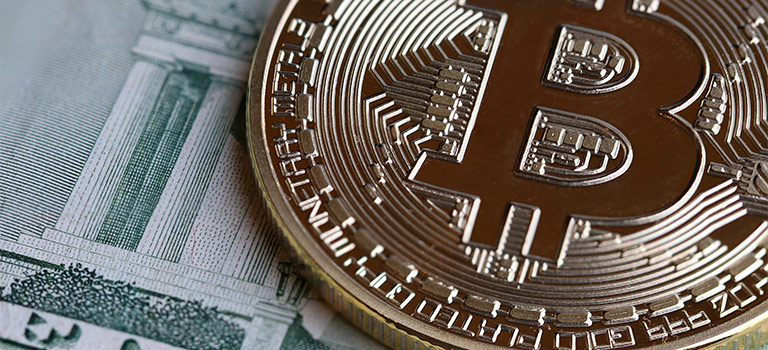PALO ALTO, Calif. (Reuters) - The Federal Reserve is taking a look at a broad variety of problems around digital payments and currencies, including policy, style and legal considerations around potentially releasing its own digital currency, Guv Lael Brainard stated on Wednesday. Brainard's remarks recommend more openness to the possibility of a Fed-issued digital coin than in the past." By changing payments, digitalization has the potential to provide greater value and benefit at lower cost," Brainard said at a conference on payments at the Stanford Graduate School of Company.
Main banks internationally are discussing how to manage digital financing technology and the distributed ledger systems used by bitcoin, which guarantees near-instantaneous payment at possibly low cost. The Fed is developing its own day-and-night real-time payments and settlement service and is currently reviewing 200 comment letters sent late in 2015 about the suggested service's design and scope, Brainard said.

Less than two years ago Brainard told a conference in San Francisco that there is "no engaging showed need" for such a coin. However that was prior to the scope of Facebook's digital currency aspirations were widely known. Fed authorities, including Brainard, have actually raised issues about customer protections and information and personal privacy risks that might be presented by a currency that could enter usage by the 3rd of the world's population that have Facebook accounts.
" We are collaborating with other main banks as we advance our understanding of central bank digital currencies," she said. With more nations looking into issuing their own digital currencies, Brainard said, that contributes to "a set of reasons to also be making sure that we are that frontier of both research study and policy development." In the United States, Brainard said, problems that require study consist of whether a digital currency would make the payments system much safer or simpler, and whether it could position financial stability dangers, including the possibility of bank runs if cash can be turned "with a single swipe" into the reserve us fed coin bank's digital currency.
To counter the financial damage from America's unprecedented nationwide lockdown, the Federal Reserve has taken unmatched actions, consisting of flooding the economy with dollars and investing directly in the economy. The majority of these relocations received grudging approval even from numerous Fed skeptics, as they saw this stimulus as needed and something only the Fed could do.
My new CEI report, "Government-Run Payment Systems Are Unsafe at Any Speed: The Case Against Fedcoin and FedNow," information the risks of the Fed's present plans for its FedNow real-time payment system, and proposals for main bank-issued cryptocurrency that have been called Fedcoin or the "digital dollar." In my report, I discuss issues about personal privacy, data security, currency control, and crowding out private-sector competition and development.
Supporters of FedNow and Fedcoin say the federal government should produce a system for payments to deposit quickly, instead of motivate such systems in the private sector by raising regulative barriers. However as kept in mind in the paper, the Take a look at the site here private sector is supplying an apparently endless supply of payment innovations and digital currencies to solve the problemto the extent it is a problemof the time gap between when a payment is sent out and when it is gotten in a savings account.
And the examples of private-sector development in this area are lots of. The Clearing Home, a bank-held cooperative that has been routing interbank payments in numerous forms for more than 150 years, has actually been clearing real-time payments since 2017. By the end of 2018 it was covering half of the deposit base in the U.S.